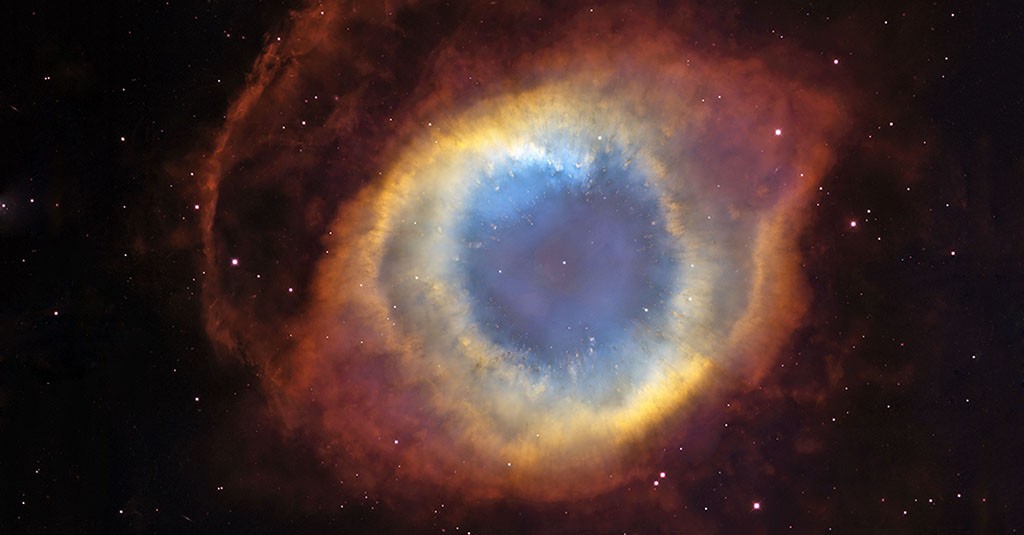
Must we reject belief in God to accept the findings of science?
Dr. Francis S. Collins, Director of the National Institutes of Health, hosts this ground-breaking series in which several leading scientists, theologians, and philosophers explore the contrasts and similarities between religion and science. This group of experts considers if and how religion and science might coexist and even complement one another in the 21st century.
Lessons include:
- Introduction — Francis S. Collins, Director, The Human Genome Project
- Friends or Foes? The Story of a Complex Relationship — David Wilkinson, St. John’s College, Durham
- Truth in Science and Theology — Philip Clayton, Claremont School of Theology
- God and Nature — Keith Ward, Oxford University
- Creation and Evolution — Darrel Falk, Point Loma Nazarene University
- What Does It Mean to Be Human? — Warren Brown, Fuller Theological Seminary
- The God of Hope and the End of the World — John Polkinghorne, Cambridge University
- Genetic Science and the Frontiers of Ethics — Ted Peters, Pacific Lutheran Theological Seminar
- Creation Care
2.0 CEUs are available.
Quick Info:
Number of weeks: 9
Price: $160
CEUs: 2.0
Required books: No
Blackboard: Yes
Zoom: No
Certification or Series: Yes (Wesley Academy for Advanced Christian Studies)
Read course description for details.
New to BeADisciple?
Read how BeADisciple courses work
Past Students Said…
“This was a super-good course. The lecturers do a wonderful job of explaining difficult concepts. The Biblical material was usually on point and useful. I enjoyed the written materials outlining each week’s issues. Many thanks to Dr. Collins, the lecturers, and the facilitators.”
“I enjoyed the videos. The questions are thought provoking and forced me to think outside my comfort zone.”
“I really appreciated all of the components of this course. My favorite lessons though were the last one on creation and the one on ‘what does it mean to be human’. I got the most of of the one on being human because of my personal experience with brain injury, and I felt most convicted after the lesson on creation. But I also feel that the lesson on Creation Care was the perfect ending to this course.”
“I think the facilitator did a good job of answering the questions but also letting us flesh out some of the more difficult concepts on our own.”






